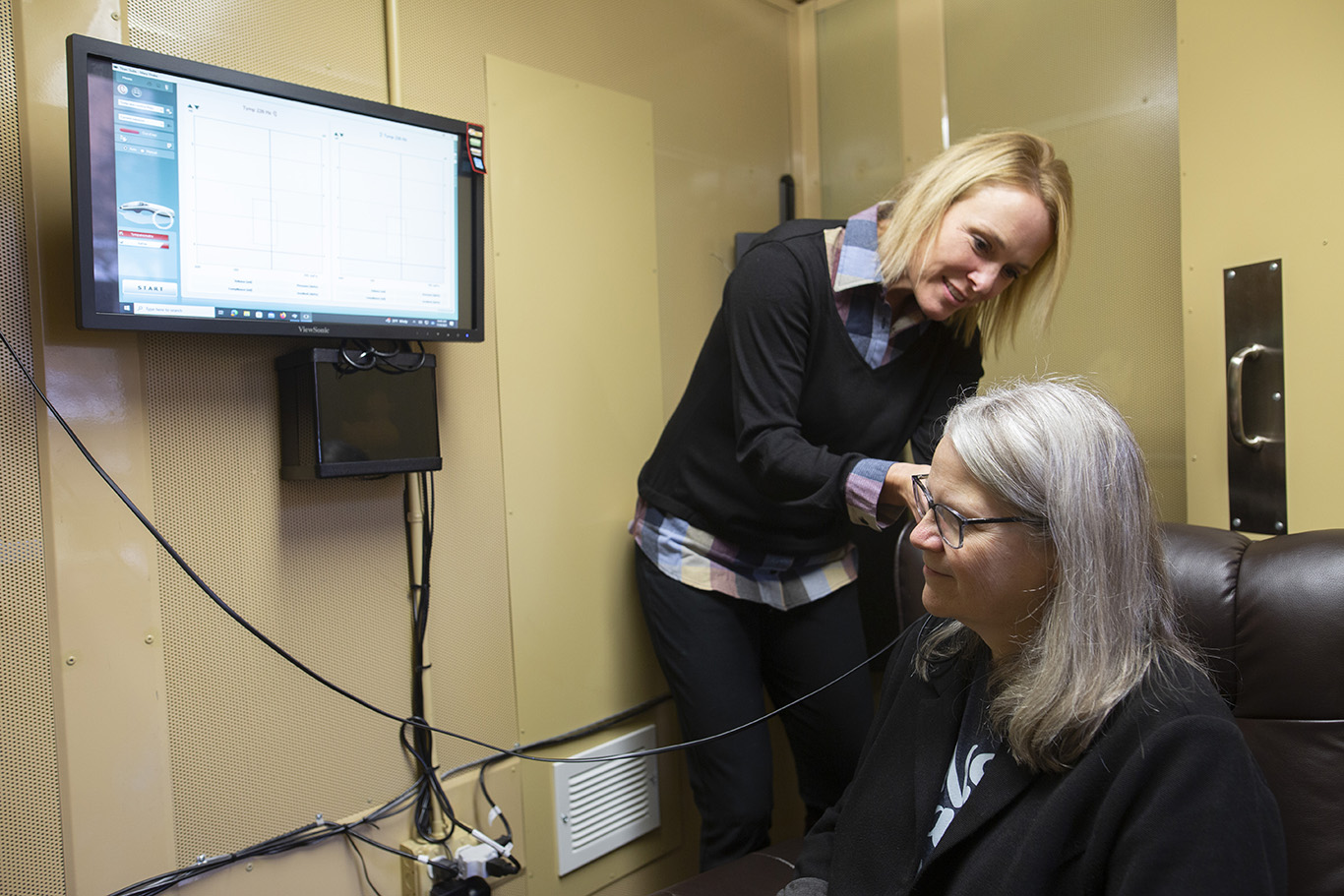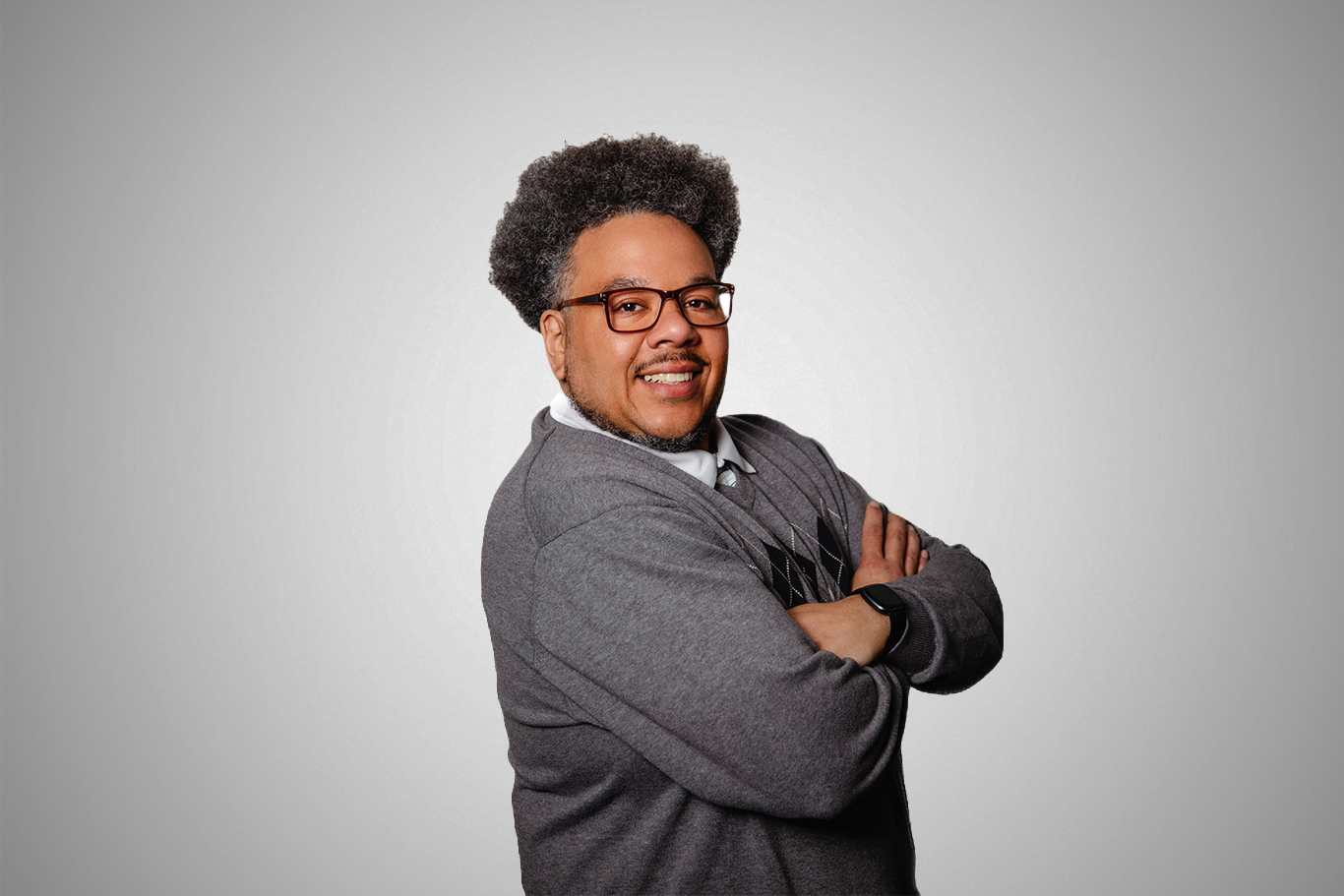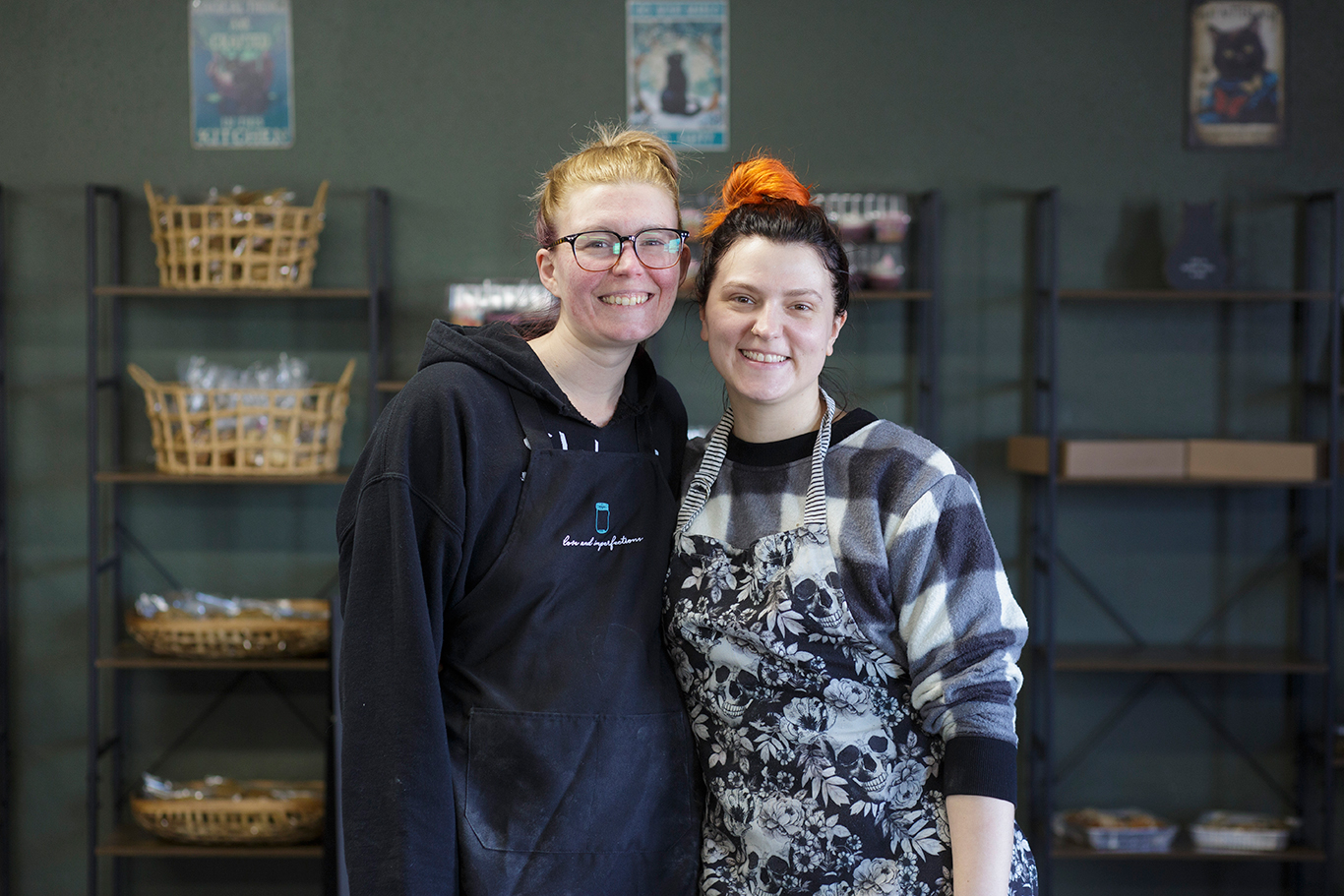Bridging Mental Health Needs Among Rural Students
Rachel Meuchel tried for years to coordinate additional mental health services for her students at Watford City (North Dakota) High School. Her biggest barriers were those faced by many rural school districts: easy access to providers and cost.
This spring, students in the counseling master’s program at Minnesota State University Moorhead addressed those obstacles and offered free mental health services to students via secure virtual visits. More than 40 students at eight area schools received much-needed counseling services.
“We are beyond grateful that MSUM offered this opportunity,” Meuchel says. “They solved one piece of our mental health puzzle for the year.”
Students in the MSUM Master of Science complete supervised practicums as part of their graduate program. Typically, students fill those hours by offering free services through the on-campus Community Outreach Center.
Because of COVID-19, those in-person sessions weren’t an option this year, says Dr. Jessie Brown, assistant professor. She reached out to area schools K-12 to see if there was interest in counseling delivered via telehealth.
“We kept hearing there is a significant lack of mental health services, especially in rural areas,” Brown says. “This was a way to meet their needs and ours.”
Federal data shows that one in every four or five youth meets criteria for a mental disorder. Anxiety and depression are the most common disorders. The MSUM graduate students also met with students dealing with issues such as abuse in the home, suicide ideation, self-harm and grief, Brown says.
While schools may have a counselor or social worker on staff, these positions have numerous responsibilities ranging from testing and offering career advisement to teaching social skills in the classroom or to small groups. There isn’t time to offer regular, weekly mental health counseling to individual students, Meuchel says.
There are private therapists available in Watford City, but some families don’t have insurance that covers mental health services; others are unable to transport their students. In some cases, families would have to drive an hour to an hour-and-a-half to access affordable care, she says.
So Meuchel was thrilled when MSUM graduate students offered to work with students while they were in the school building. “A lot of our students just need someone to talk to about things,” she says.
Julia Solem, Fargo, was one of the MSUM counseling students who worked with Watford City students. “It was meaningful to work with a population that wouldn’t otherwise have had this service,” she says. “It feels good to make a difference where you can.”
Amanda Bushaw, another MSUM student, counseled students at Nay Ah Shing Schools, which serve the Mille Lacs Band of Ojibwe in central Minnesota. She was excited to apply theory and see clients one-on-one. Counseling students virtually was challenging at first, but she quickly adapted.
“It was such an amazing experience,” she says. “When you go into counseling, you do it with the intent of helping anyone you can. It was incredible to be there for students.”
Giving students access to counseling in school was valuable, says Marge Weber, the school social worker at Nay Ah Shing. She provided students with a private space and a computer. “It gave them independence and control over their well-being,” she says. “Our kids were proud to have had the opportunity to talk with someone. I get giddy when I think about it”
Brianna Kirchner is a licensed school counselor at Warren-Alvarado-Oslo Elementary in northern Minnesota. During the past year, she has seen more students with anxiety and a need to process changes that came with the pandemic.
“It’s been a stressful year,” she says. “It’s nobody’s fault, but our mental health needs have skyrocketed.”
Kyle Sundberg, an MSUM graduate student in the counseling program, met with three students at Kirchner’s school weekly. He researched activities they could do together online and brainstormed ways to keep the young students engaged virtually.
“I think telehealth will become more and more popular,” he says. “It’s a positive for the profession because you can reach a more diverse population. It was a great experience for all of us.”
Make Sure Your Story Is Heard
Let us know how your life has been changed by being a Dragon: tell us your MSU Moorhead story today!
Send Us Your Story


